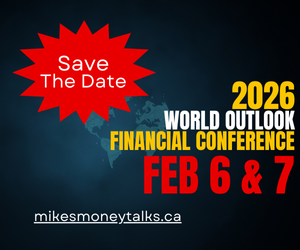Energy & Commodities
It’s time for a rethink. The claim that global decarbonisation can be done at little or no cost is nonsense. On the contrary, switching from an overwhelmingly carbon to a non-carbon-based economy in the space of just two or three decades is really expensive. So far the interventions have been staggeringly expensive.
In Germany, it is about €25bn a year. In Britain, these early costs now make up a 20 per cent premium on household electricity bills. The political fact is that, while voters tell us they care about the climate, their concern fades quickly when they are told it is going to increase their electricity bills. In France, the protests about the rising cost of diesel, driven by the carbon tax, dwarf those by climate change activists.
There is no government in any of the major emitters — pre-eminently China, but also India, Africa and the US — that could maintain popular support on the basis of a carbon tax necessary to meet the 1.5C target — and that is the cheapest way of achieving it. Forget the political rhetoric and look at what is happening… Click to read the complete article

The S&P 500 is down 5 percent this year despite tremendous year-over-year earnings growth. One of the primary factors weighing on the market: fear over the ongoing international trade war, particularly with China. President Donald Trump has repeatedly cited the U.S. trade deficit with China as grounds for the trade war….CLICK for complete article

Bitcoin investors have endured plenty of misery this year after the leading digital currency crashed spectacularly. It would be nice for once to report that the selloff is done, and the market is ready for a huge leg up…. CLICK for complete article

Due to the expected slowing global economy, stock market turmoil and the growing headwinds from rising interest rates, some analysts are holding out hope that the Fed might slow the pace of further hikes—even if this goes against the consensus.
It is widely anticipated that the Fed will hike interest rates again this month, which would be the fourth this year, with Fed members noting during a late September meeting of the Federal Open Market Committee that “participants generally anticipated that further gradual increases in the target range for the federal funds rate would most likely be consistent with a sustained economic expansion, strong labor market conditions, and inflation near 2 percent over the medium term”.
Looking ahead to 2019, Fed officials expect at least three rate hikes will be necessary, and one more in 2020. Fed officials expect the key rate to rise to 2.4 percent at the end of the year, 3.1 percent at the end of 2019 and 3.4 percent at the end of 2020, according to their median estimate. CLICK for the rest of the article

FRANKFURT (Reuters) – Daimler (DAIGn.DE) will buy battery cells worth more than 20 billion euros ($23 billion) by 2030 as it readies mass production of hybrid and electric vehicles, the maker of Mercedes-Benz cars said on Tuesday.
The company is one of a number of German automakers massively expanding in electric vehicles as European regulators clamp down on toxic diesel emissions.
“With extensive orders for battery cells until the year 2030, we set another important milestone for the electrification of our future …Click here for full article.












